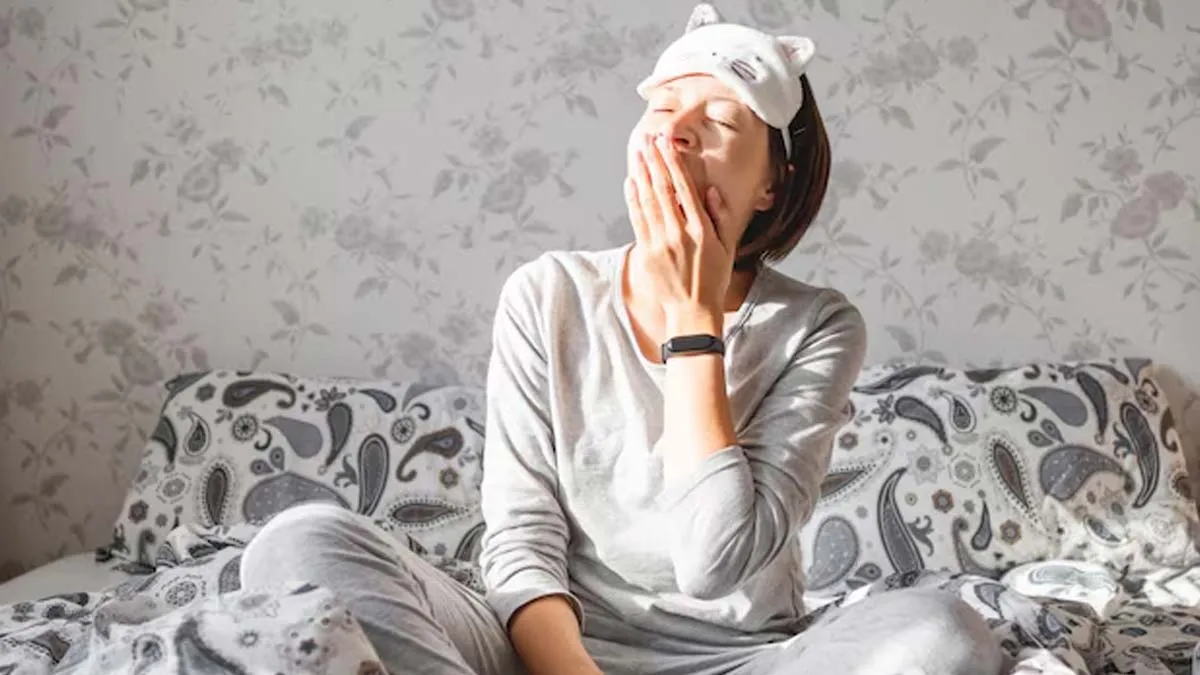
Sleep is more than just letting your body rest. It is also about giving yourself enough time to do crucial internal work, especially when it comes to your hormonal health. If you are planning to start a family, it's imperative to balance your hormones. In this article, Dr. Jyoti Gupta, Senior IVF Consultant, Motherhood Hospitals, Gurgaon will guide you on how a good night’s sleep can support your hormones and boost your fertility naturally.
In today’s busy day and age, many of us often struggle to get quality sleep for even a few hours. The reasons can be taking too much stress, long and busy working schedules, or excessive screen time. But, eventually, it leads to sleep deprivation.
According to Dr. Jyoti Gupta, lack of sleep can silently disrupt your body’s natural balance, particularly the hormonal system.
"Your hormones are responsible for controlling various key functions such as mood, energy levels, metabolism, and most importantly, reproduction. If you are someone who is dealing with problems like irregular periods, low sperm count, difficulty in conceiving despite continuous efforts, or frequently feeling tired, your sleeping pattern may be the culprit," she added.
Dr. Gupta pointed out that one's sleep plays a vital role in efficiently balancing the hormones that can help support fertility.
Don't Miss: Boosting Serotonin For Better Sleep: 7 Natural Ways to Go About It, As Per Clinical Nutritionist
"During deep slumber, your body works effortlessly to regulate important hormones like estrogen, progesterone, testosterone, and luteinizing hormones that are essential for the production of sperm and regular ovulation. Not getting enough sleep for an extended period can easily confuse your internal clock, causing imbalances," she highlighted.
As we can understand, metabolic hormones and sleep are interconnected and this is how:
Production of stress hormone called cortisol gets increased in case of sleep deprivation. This negatively interferes with reproductive hormones, lowering fertility further.
Lack of sleep is more likely to reduce melatonin, a hormone that protects the eggs and sperm from getting damaged.
Disturbed sleep patterns can lead to irregular menstrual cycles or problems with egg release.
Poor sleep is also linked with insulin resistance, which can affect fertility.
Chronic sleep deprivation can impact thyroid hormones and can lead to irregular periods or ovulatory issues. In men, it can lower their testosterone levels, reduce sperm quality, and also affect libido.
If you are actively planning for a baby, focusing on improving your sleeping pattern can be helpful, suggests Dr. Jyoti Gupta.
Prioritise your sleep by taking the following 2 steps:
Many people use mobile phones or laptops late at night. The blue light exposure from screens can reduce melatonin production and delay sleep onset, further disturbing fertility hormones. Reduce screen time 1-2 hours before bedtime.
This can help your body rest, reset, improve hormone flow, reduce stress, and also naturally boost your fertility.
"Both women and men need enough sleep to ensure that their reproductive hormones are working smoothly. One must understand that good quality sleep not only helps boost fertility but also supports your overall health," wraps up Dr. Jyoti Gupta.
Don't Miss: What Is Sleepmaxxing? Exploring 5 Key Benefits And Effectiveness For Better Sleep, As Per Doctor
If you liked the story, please share it. For more such articles, stay tuned to HerZindagi.
Our aim is to provide accurate, safe and expert verified information through our articles and social media handles. The remedies, advice and tips mentioned here are for general information only. Please consult your expert before trying any kind of health, beauty, life hacks or astrology related tips. For any feedback or complaint, contact us at [email protected].